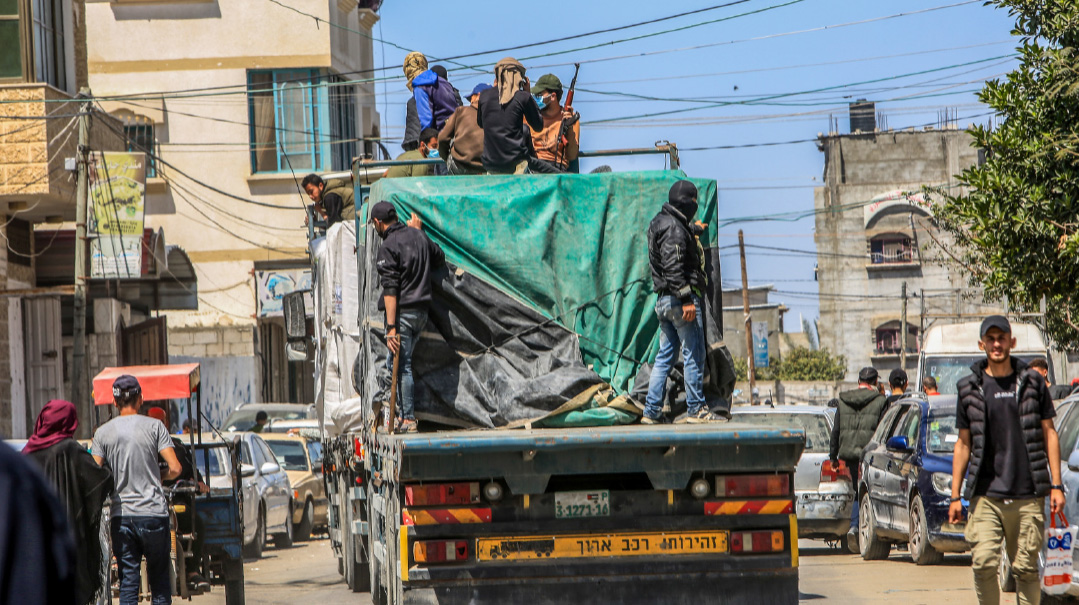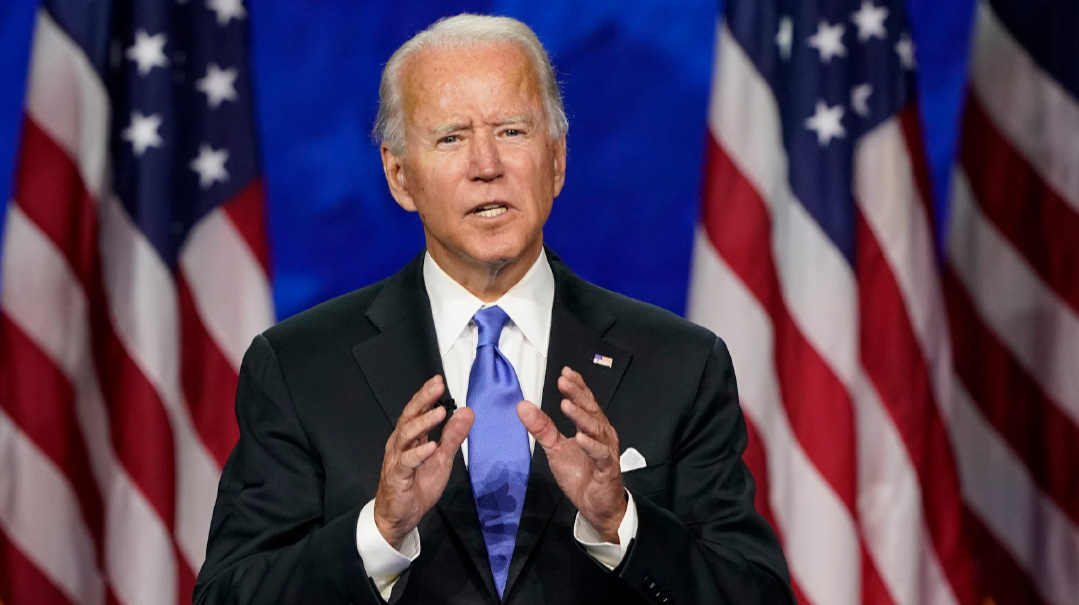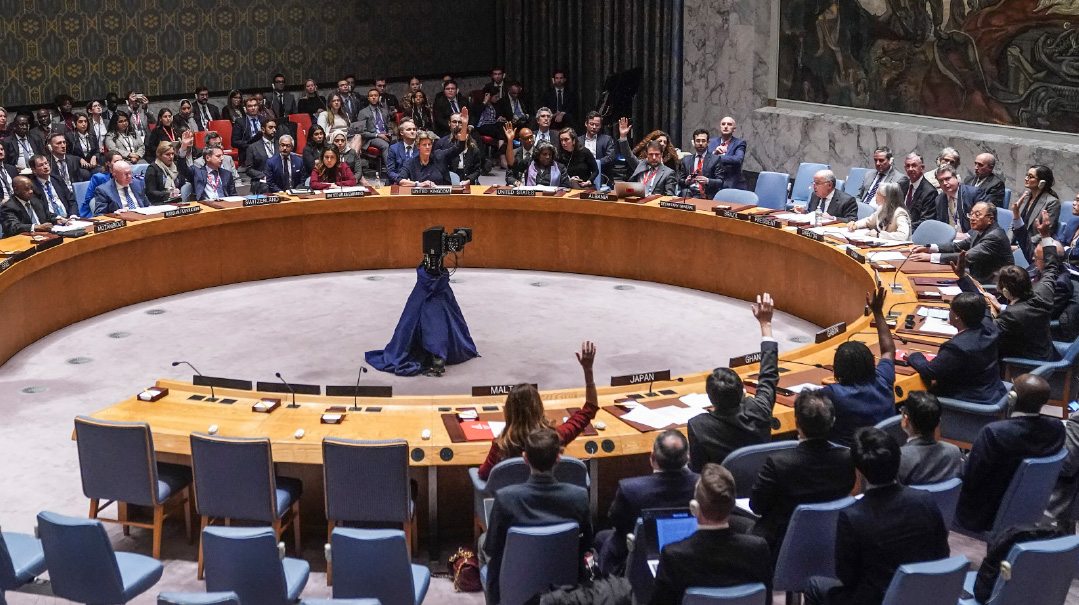Israel Must Move Fast to Quash Doubts
| April 9, 2024“Israel’s ability to achieve its full military objectives has been hamstrung by the weight of the international community turning against it”

Photo: FLASH90
IF
a week is a long time in politics, six months is an age in contemporary wars. And six months into a campaign forced upon it by the evils of Hamas terrorism, Israel faces the bleak reality that it may be about to lose the ability to determine how its latest war of necessity ends.
In part, this was always to be expected. Many of Israel’s previous wars ended not because Israel wanted them to, but because international pressure was brought to bear for a cease-fire. In the most striking instance, Israeli forces, having rebounded from the crippling early losses of the Yom Kippur War, were well on the way to Cairo and Damascus before superpower intervention and the threat of nuclear war stayed their hand.
More recently, in conflict after conflict, whether the Lebanon War of 2006, or Operation Protective Edge in 2014, Israel’s ability to achieve its full military objectives has been hamstrung by the weight of the international community turning against it.
For many reasons, then, we should not be surprised by the emerging situation, but instead by how long it has taken to reach this point. Particularly given the torrent of disinformation unleashed on social media channels that didn’t exist in many previous neighborhood altercations, and the accompanying protests and discord seen on Western streets.
No doubt, the truly heinous acts of October 7 — when all the atrocities committed against Israeli civilians could not be denied, given the proud broadcasting of their crimes by Hamas terrorists — helped in creating more breathing room than was customary. But it seems that even the ritual utterings about the plight of the remaining hostages have now been overtaken by the siren song of the requirement for an immediate Israeli cease-fire, without any concessions by Hamas.
Even those of Israel’s allies who appeared rock solid in their understanding at the start of the conflict, like the United Kingdom, have now moved from musing about the need for Israel to comply with international humanitarian law to contemplating introducing arms export bans as a punishment. Ominously, given its pivotal role in previous Israeli climbdowns, the US has also shown increasing signs of impatience with the Netanyahu government’s approach to the conflict, including lifting its veto of a UN Security Council motion demanding an immediate cease-fire without a simultaneous hostage release. While the US is not yet at the point of no return, it is now no longer an unrealistic possibility that President Biden will demand a cessation of hostilities in the imminent future.
While much of this re-positioning has come about through a combination of Western squeamishness at the sad realities of war and the pernicious effects of domestic political considerations — sometimes driven by the horrific resurgence of anti-Semitism as a force in those Western countries — part of this problem is of Israel’s own making. It is this area that offers Israel its best hope of stemming the tide of international complaint, as it remains within Israel’s control to alter minds.
The whole way through the conflict with Hamas, Israel’s allies have been encouraging it to determine what the day after the conclusion of the Gaza campaign looks like. Thus far, Israel has offered stunningly little clarity on this point, reducing confidence that it has a viable plan for administering or handing over a territory in desperate need of a removal of extremism and comprehensive reconstruction.
Israel’s allies have also lost some faith given Israel’s haphazard conduct in the conflict since mid-February. At that juncture, Israel announced that it would complete the final part of its removal of Hamas control from all of the territory — by moving into the refugee-swollen town of Rafah — if the remaining hostages were not freed by the start of Ramadan on March 10. It is now early April, and neither have the hostages been released, nor have ground operations commenced. Israel has essentially placed war-fighting into stasis for some unknown eventuality.
The lull in fighting occasioned by this unofficial pause ought to have led to an alleviation of humanitarian suffering in the conflict. Yet for whatever reason — and Israel and the many aid agencies are at odds over why this is — there remains a crisis on the ground for the civilians of Gaza. As this occurs without any obvious progress in the war, the clamour for a cease-fire has been allowed to grow.
In order to recapture its momentum, Israel will now need to move swiftly to head off these points of dissent. The plan for Gaza post-conflict must be unveiled, while at the same time the route to getting there cleared by the removal of the last point of Hamas control in the Strip in Rafah. Simultaneously, Israel should remind the world of its extraordinary humanity — already seen by its military forces achieving an unprecedently low ratio of civilian-to-military casualties — by encouraging further humanitarian supply to those who need it the most.
Israel can do nothing about the anti-Semites and moral relativists who will condemn its actions, come what may. But its cause in this conflict remains a just one, and its objective of removing Hamas from Gaza is one that can still be shared by the Free World, much of the Middle East, and even the Palestinians themselves. It will be an opportunity lost if the world forces Israel into compliance with a solution short of this. But it would be more tragic still if Israel blew that opportunity by failing to do everything it could to keep its wavering allies on side to a righteous conclusion.
Dr. Alan Mendoza is the executive director of the Henry Jackson Society, a UK-based foreign and security policy think tank.
(Originally featured in Mishpacha, Issue 1007)
Oops! We could not locate your form.






